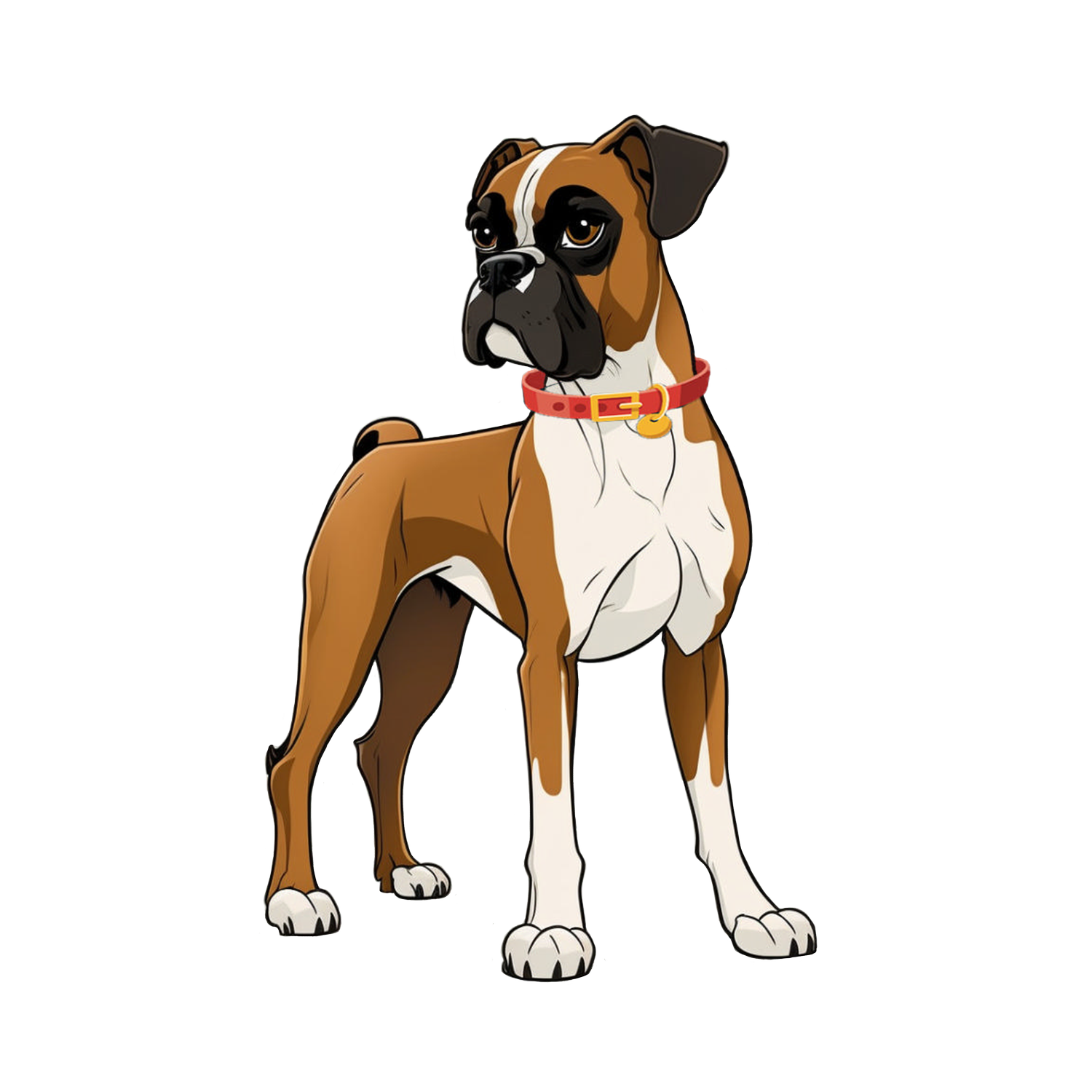4|26|25 - Become a Junior Ethnographer: Learning about Indigenous Cultures
Hello, curious explorer! Have you ever wondered what life is like for people living in different parts of the world? Would you like to discover amazing traditions, colorful clothing, yummy foods, and ancient stories passed down through generations? If so, you’re ready to become a Junior Ethnographer—someone who studies how people live, work, celebrate, and care for each other!
Today, we’re going on an adventure to learn about Indigenous cultures—the first peoples of many lands who have rich histories and powerful stories to share.
What Is an Ethnographer?
An ethnographer is a kind of cultural explorer! Instead of digging for buried treasure, they search for something even more special: knowledge! Ethnographers study how different groups of people live by talking to them, visiting their communities, and learning about their traditions.
As a Junior Ethnographer, you can learn about:
How families celebrate special holidays
What traditional foods are cooked and eaten
How stories, dances, and songs are passed down
How people protect the land, animals, and plants around them
Who Are Indigenous Peoples?
Indigenous peoples are the first people who lived in a land before others arrived. They have deep connections to their homes, nature, and traditions that go back thousands of years!
Here are just a few examples:
The Navajo in the United States and their beautiful sand paintings
The Māori in New Zealand who do the powerful haka dance
The Sami in northern Europe who herd reindeer
The Aboriginal peoples of Australia who tell stories through dot paintings
The Quechua in Peru who weave colorful blankets high in the Andes Mountains
Every Indigenous culture has special languages, songs, clothing, crafts, and celebrations that make them unique!
How to Start Your Adventure as a Junior Ethnographer
You don’t need to hop on a plane to start learning—you can be a cultural explorer from your own neighborhood! Here’s how:
✅ Read Books or Watch Videos – Libraries and kids’ documentaries have awesome stories about Indigenous cultures!
✅ Visit Museums or Cultural Centers – Some have real tools, clothing, and art from Indigenous communities.
✅ Talk to People – If you meet someone from an Indigenous background, you can respectfully ask questions and listen carefully to their stories.
✅ Celebrate Indigenous Peoples' Day – Many places have special events, dances, and festivals you can attend!
Always remember: Respect is key! Every culture is special, and people are proud of their traditions.
Fun Activities for Junior Ethnographers
Want to dive deeper into the world of Indigenous cultures? Try these activities:
Create your own story art – Draw a picture that tells a story, like Indigenous artists do!
Learn a traditional craft – Try weaving, beadwork, or pottery after reading about how it's made.
Write a "Culture Diary" – Keep a notebook where you record cool facts and stories you learn.
Dance to traditional music – Find a traditional song and make up your own respectful dance moves!
Why It’s Important to Learn About Indigenous Cultures
Learning about Indigenous cultures helps us:
1️⃣ Understand how to care for the Earth
2️⃣ Appreciate different ways of living
3️⃣ Show respect for all people
4️⃣ Keep ancient stories and traditions alive for the future
Indigenous peoples have important knowledge about nature, kindness, and history. Listening to their voices makes the world a more beautiful and fair place for everyone!
Your Journey as a Junior Ethnographer Starts Now!
The world is full of cultures, colors, languages, and dreams just waiting for you to discover them! Whether you’re reading about deep-rooted heritage, weaving your first bracelet, or tasting a traditional dish, every step you take helps keep amazing traditions alive.
Happy exploring, Junior Ethnographer!
